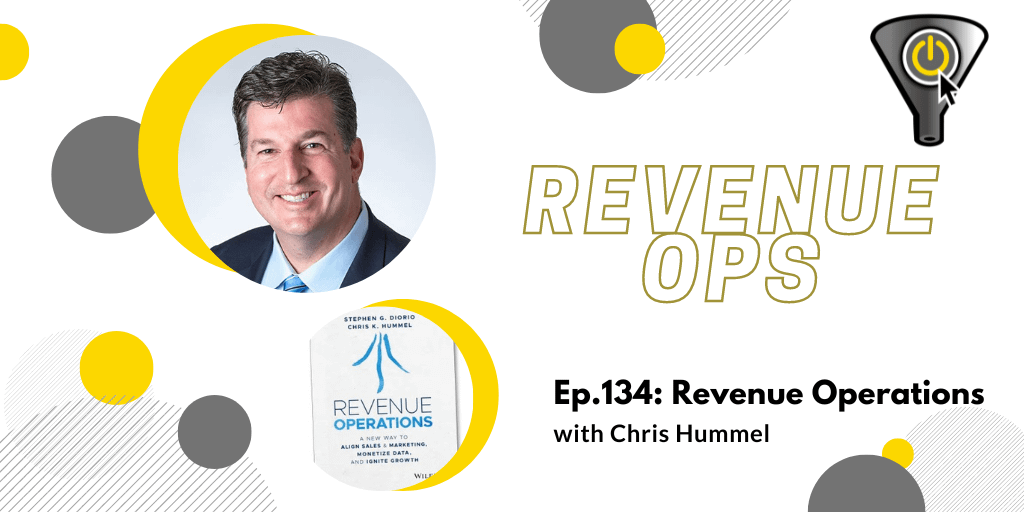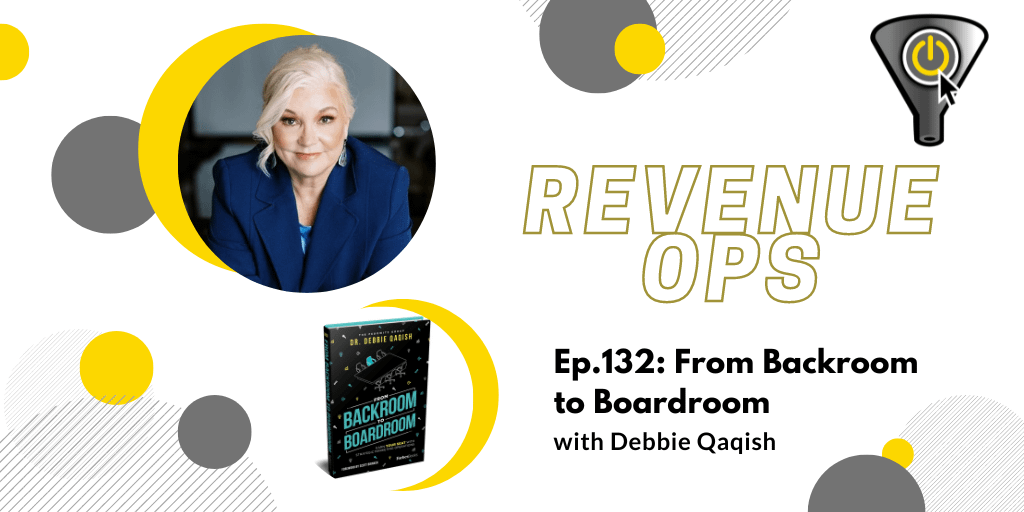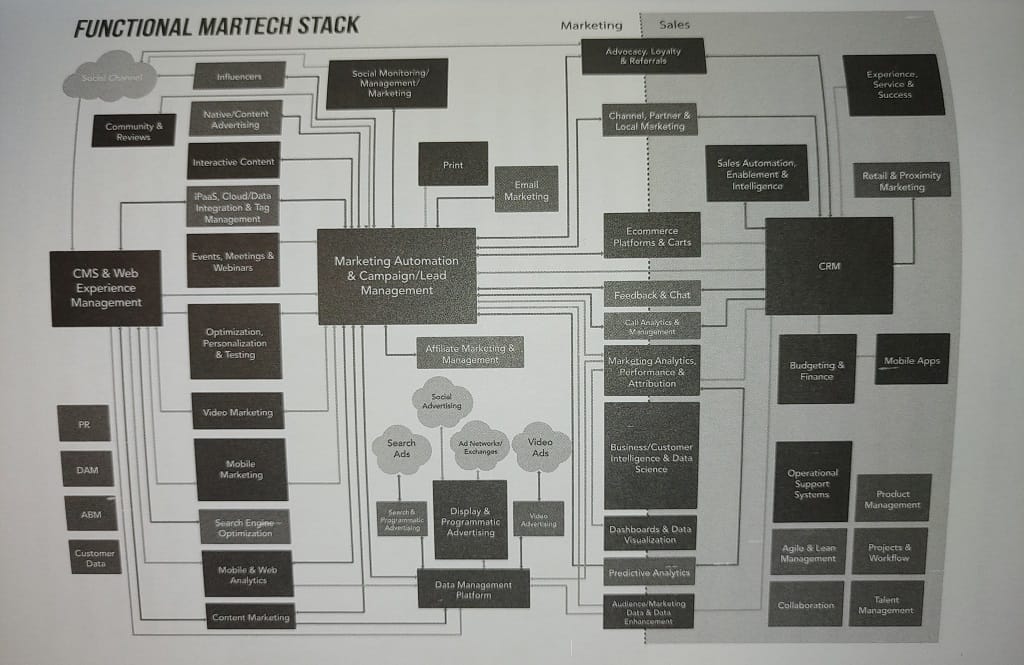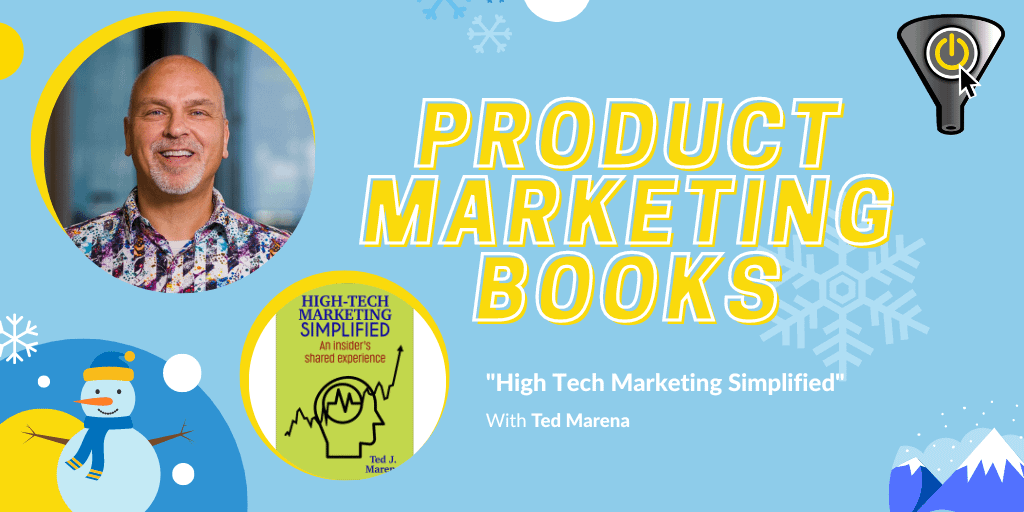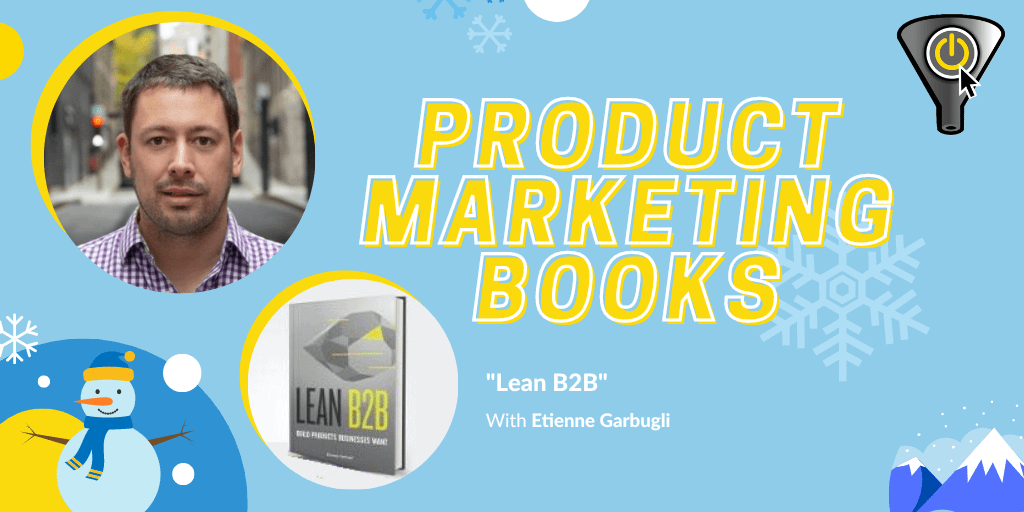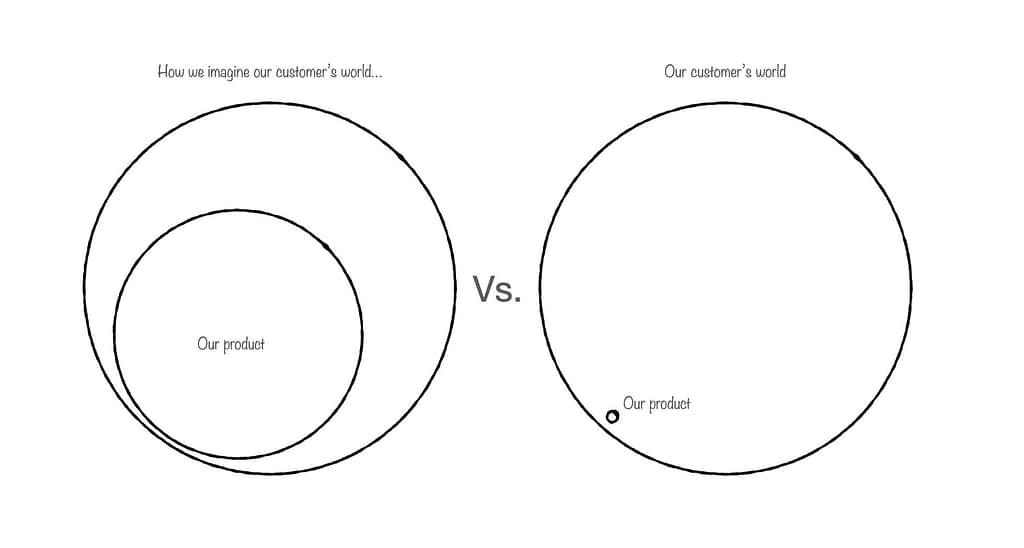This is the fourth part of our series on Revenue Ops.
Chris Hummel is a Managing Director of the Revenue Enablement Institute.
He has been fortunate to hold numerous executive and c-level roles, including serving as the Global CMO at two Fortune 500 companies. While leading sales, product and marketing teams at world-class companies including Oracle, SAP, Schneider Electric, Siemens, United Rentals, he sat in the executive chair and board room meetings where we confronted key issues of performance, growth and transformation in several industries: construction, industrial, software, energy & automation, IoT, the public sector, healthcare, and other technologies. Living and working outside the US for 14 years in Europe, Eastern Europe and Asia has helped develop his global fluency.
In 2022, he co-authored the book, “Revenue Operations: A New Way to Align Sales and Marketing, Monetize Data, and Ignite Growth” which consolidated lessons from more than 100 CXOs. While so many of the challenges were similar, these leaders were rarely exposed to the learning of their peers.
People/Products/Concepts Mentioned in Show
Chris’ email
You can purchase your copy of Revenue Operations from Amazon.
His fellow partner at the Revenue Enablement Institute is Steve Diorio. You may also be interested in a previous podcast episode with their associate, Neil Hoyne

